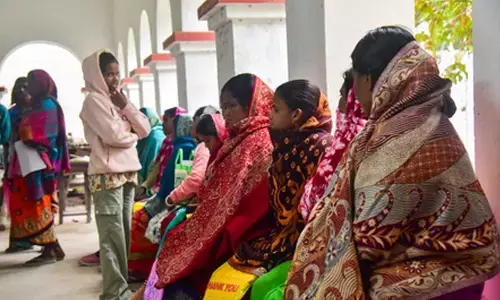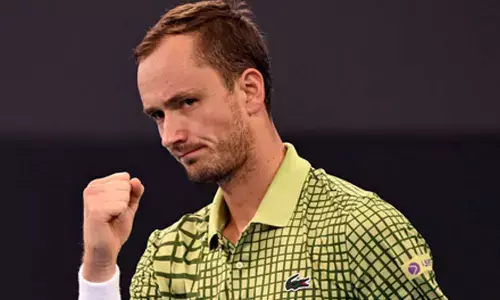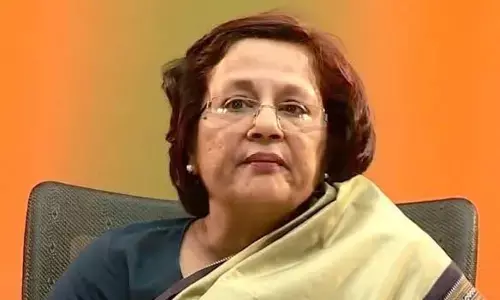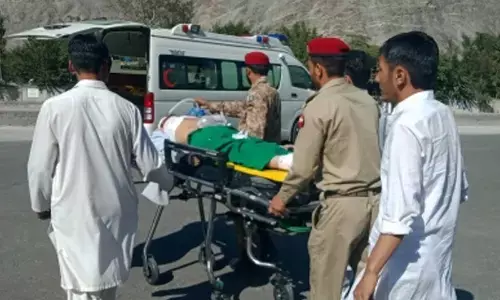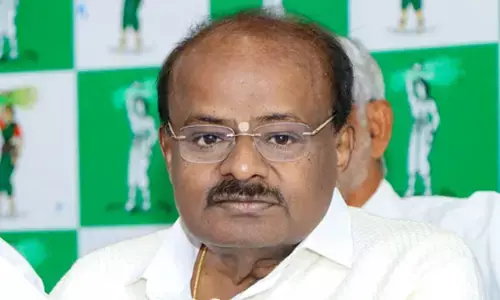More people below 40 showing symptoms of Parkinson's disease
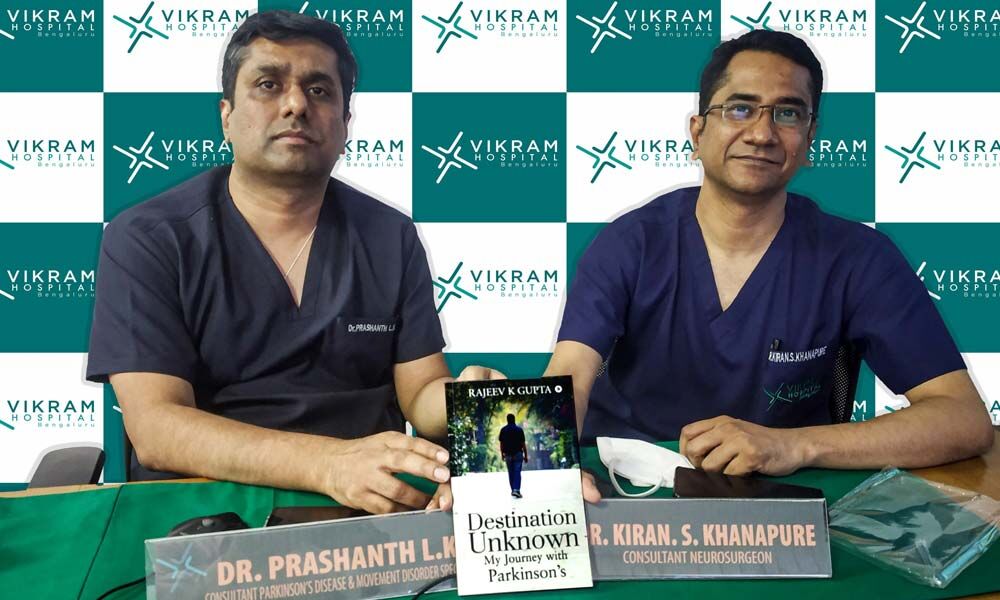
More people below 40 showing symptoms of Parkinson’s disease
The prevalence of PD (Parkinson’s disease) is 300-350 persons per lakh population in the country, making it one of the most common aging-related disorders.
Bengaluru: The prevalence of PD (Parkinson's disease) is 300-350 persons per lakh population in the country, making it one of the most common aging-related disorders. While no specific numbers are available for Karnataka, the State government had in the last census specifically asked the question about whether anyone in the family is suffering from PD, highlighting its increasing incidence and recognition as a brain disorder requiring attention.
Rajeev K Gupta, celebrated author of the book "Destination Unknown – My Journey with Parkinson's," narrated his story and struggle of living with this progressive disease. A 59-year-old Bengaluru resident, he was diagnosed with Parkinson's in 2013 when he was 51. The book is about emotionally and physically coping with a life-altering illness narrated through his personal stories and experiences of living with Parkinson's.
Talking about his book, Gupta said: "After my diagnosis, I wanted to read about the experiences of other patients and how they coped with this life-changing illness. There are many books written by Parkinson's patients and their care-partners – all by Western authors. I could not find a single book by an Indian perspective. This is perhaps the first book on Parkinson's journey of an Indian patient."
He added: "Parkinson's patients should not blame themselves for the disease. It is believed to be caused by number of complex environmental and genetic factors not yet fully known. The main challenges facing patients in India is that limited experts such as Movement Disorder Specialists, Physiotherapists trained to treat PD cases, and speech therapists are available only in big cities. Some procedures like DBS are too costly and out of reach for many patients. There is also lack of financial and care-giving support."
Dr. Prashanth LK, Consultant Neurologist and Parkinson's Disease & Movement Disorder Specialist, Vikram Hospital, Bengaluru, said "Of late, more and more people in younger age groups of less than 40 years are showing symptoms of Parkinson's which is significantly impacting their personal and family life. The reason could be multifactorial, including genetics, stress factor, poor quality of life, etc. The exact causes of Parkinson's remain unclear. Genetics as a cause has been acknowledged in some patients. Research is being carried out to understand the genetics of Indian PD patients. This is important because most global studies currently relate to only Europeans and Americans."
Dr. Kiran S Khanapure, Consultant Functional Neurosurgeon, Vikram Hospital, added further "Covid and the ensuing lockdown had significant effect on patients of PD and Parkinsonism. It led to many of them developing behavioural changes in the form of anxiety, depression, and hallucinations, along with sleep disturbances and worsening of symptoms. Quite a few of them were unable to access regular medications or meet the doctors, adding to their problems. Parkinson's Disease is an ageing-related disorder and has good treatment options, including tablets, injections, pump therapies, and surgeries (DBS and lesioning). No curative option is available yet, but research like gene-based therapy and modification of underlying pathophysiology may see the light of the day in the near future."










